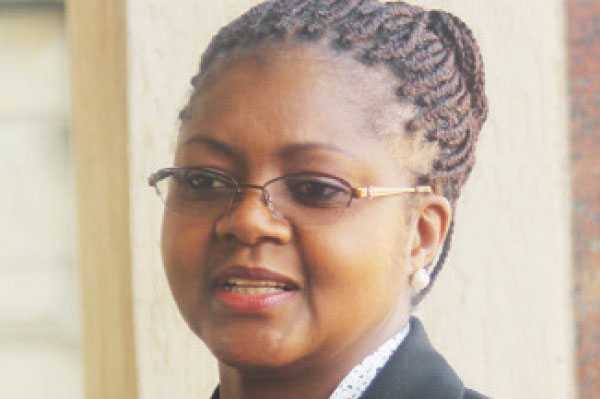IMF panel calls for structural reforms
In recent years, Small Middle Income Countries (SMICs) in Sub Saharan Africa have enjoyed stronger growth and economic development than most other countries in the region.
More recently, however, a number of external developments have led to headwinds and a slowdown in economic activity. As a result, SMICs in the region need to adjust their policies to preserve stability and restore growth, while at the same time decide on the structural reforms that would set the basis for long term growth and transition to high income status.
It is against this background that Bank of Botswana together with International Monetary Fund recently held a high-level conference in Gaborone, to take stock of recent developments and provide a forum for policy makers to exchange views on the above challenges and the policies needed to confront them.
The first session was a discussion on, ‘living a more challenging external environment: A SMIC perspective on the recent external developments and best policy responses.’
On the panel, Woury Diallo, Alternate Executive Director in the IMF Executive Board said structural reforms are at the centre to address the challenges that SMICs face; and doing that, the rethinking should be more of a medium to long term solutions. Diallo also emphasised on the need to have a sustained economic growth and reducing dependence on the external markets.
“Industrialisation and manufacturing are not adequately addressed, if we look into the long term solutions. This is key for long term and sustainable growth. There is also need for regional integration for SMICs in order to stimulate regional dynamic that can help leverage the market and foster possibilities to create value addition and growth. Our intra-African trade remains stagnant. There is need to focus on structural transformation,” he said.
Joining on the debate was also, Fundi Tshazibana, Alternate Executive Director in the IMF Board who observed that the low growth in the region is expected to continue into the medium term. SMICs she said should focus on preserving past games and do much more on accelerating growth. “We know what to do but what is challenging is the political obstacles and economy challenges. Structural reform is quite key,” she said.
Deputy Governor of Lesotho, Mathabo Makenete said SACU countries are over exposed to declining SACU revenues and are largely volatile and hugely dependant on South Africa. According to Makenete, those with close ties to South Africa have been affected by the spill-over from low growth rate and this affected the SACU revenues.
“Their economies are linked much to SA and in some instances have led to supply constraints, for instance, power. The prevailing low growth, overall SACU revenue pool will decline going forward. This poses crisis to macroeconomic stability and risk to important issues. It further impacts on the government’s fiscal positions. In this case, fiscal adjustment policies are critical, and we need to look at more private sector led economy.”
The effects of drought are going to exert more pressure and countries will have to import grain, she further observed.
Botswana’s former Deputy Governor, Dr Keith Jefferies and now Managing Director of Econsult agued that there is lack of economic scales in the SMCIs. “There is urgent need to undertake regional integration, but we still see a reluctance to do so because of free trade areas. There is real reluctance to remove non-tariff barriers. There is reluctance to extend free trade services and reluctance also in dealing with labour market issues. They are not willing to bite the bullet to commit themselves to regional integration. The advantages of this regional integration are enormous,” expressed Jefferis.
Makenete shared the same sentiments as Jefferies, adding that there is still a disjoint in tariffs on free trade agreements for regional integration, although the payment systems development area has improved. Tshazibana also observed that the slowness on integration is widely expressed and is a cause for concern. She observed that it is a political economy issue.
“The more to this integration could start with smaller steps, at least put up institutions that will act as advisors. For instance, countries may consider international trade commission. Furthermore, trade policy is key to integration,” she advised.





